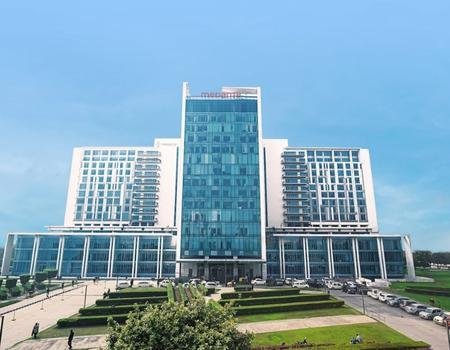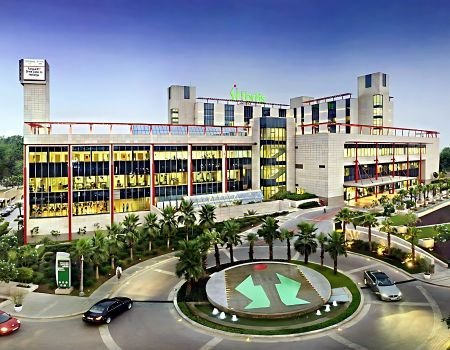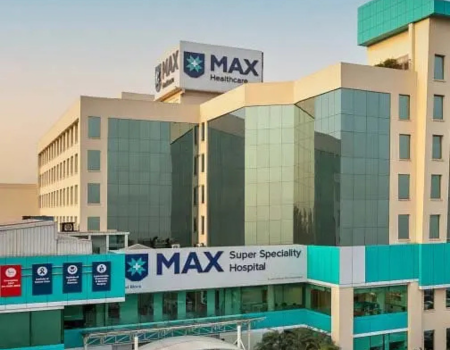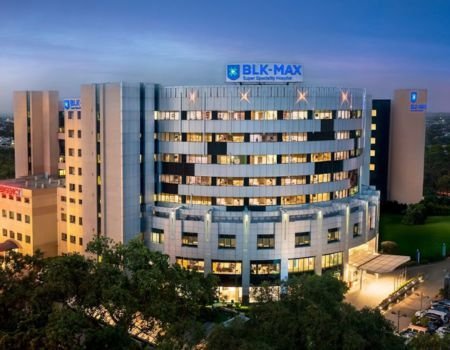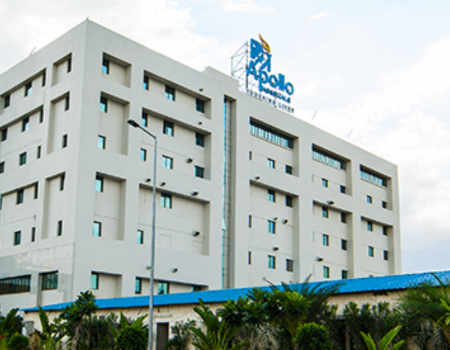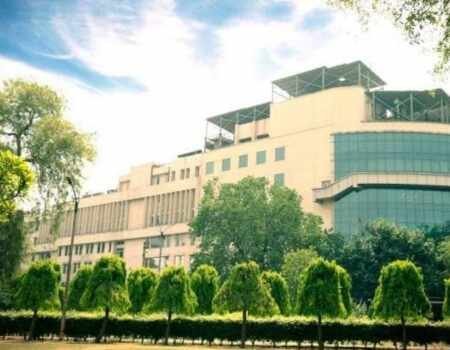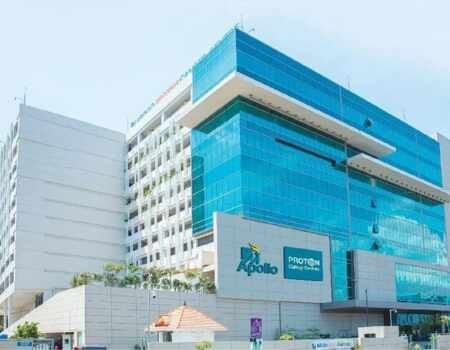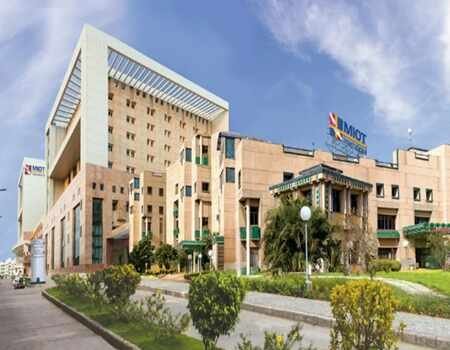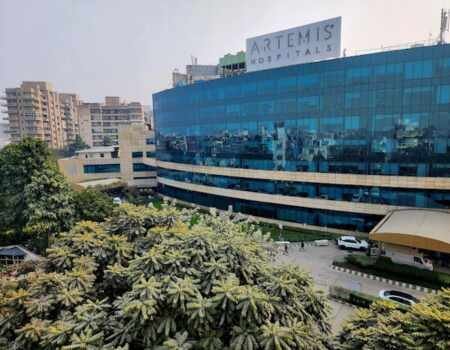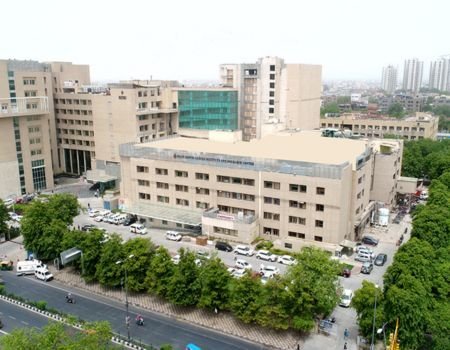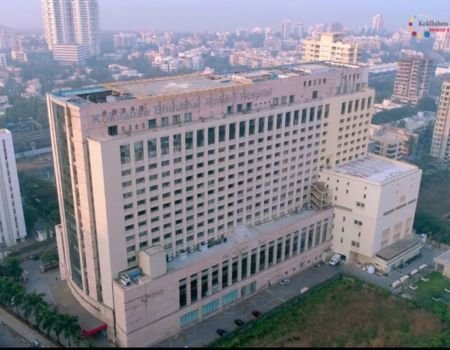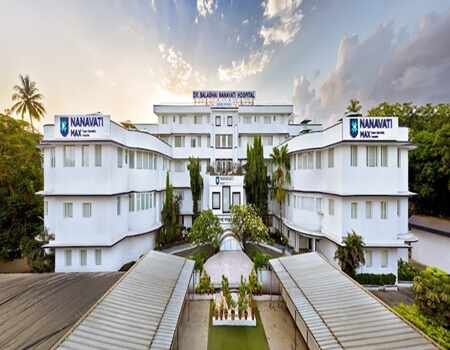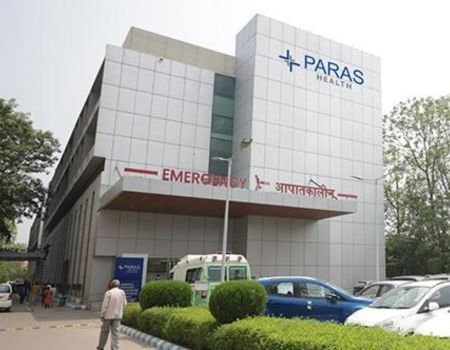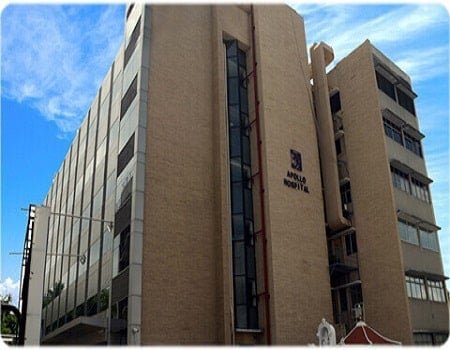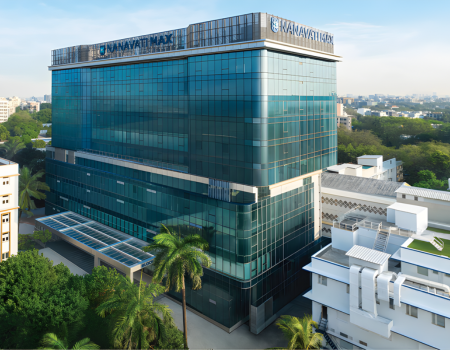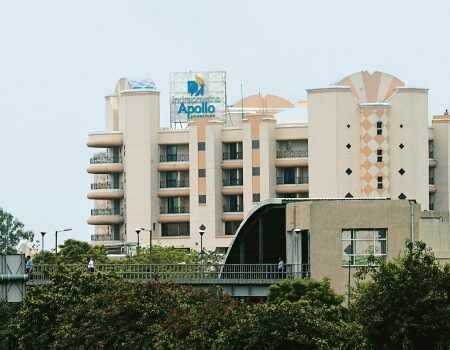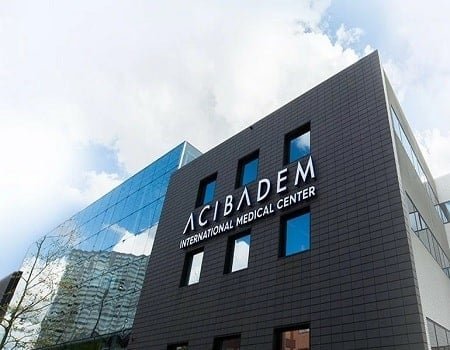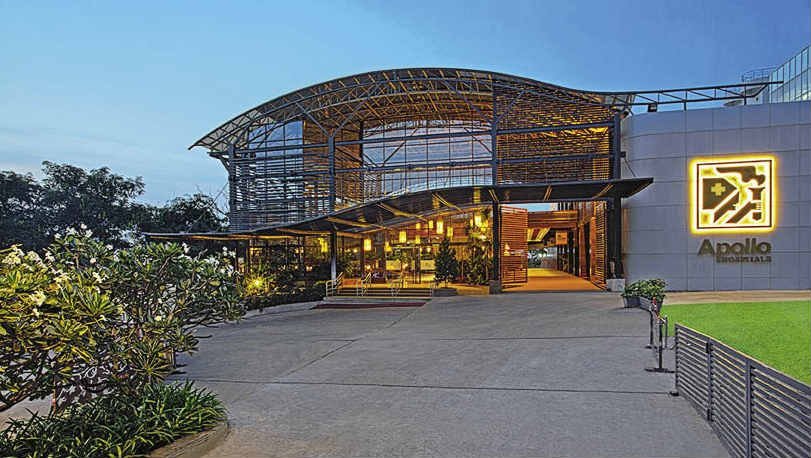Best Cancer Hospitals in India
Facing a cancer diagnosis is a deeply challenging experience, not just for the patient but for their entire family. One of the most critical decisions you’ll make is choosing the right hospital and treatment team. It’s a choice that weighs heavily, bringing with it concerns about quality of care, advanced technology, costs, and even emotional support. Here in India, we’re fortunate to have some truly world-class medical institutions leading the fight against cancer.
This isn’t just a list; it’s a comprehensive guide to help you navigate the complex landscape of cancer care in India. We’ll explore what makes a hospital truly stand out, provide insights into some of the nation’s leading centres, and offer practical tips to help you make an informed decision. This content aims to empower you with the knowledge needed to choose the best hospital for cancer treatment in India.
Top Cancer Hospitals in India: Profiles & Highlights
Let’s delve into some of the leading institutions that are setting benchmarks in cancer care. These hospitals are consistently ranked among the best cancer hospitals in India for their expertise, technology, and patient-centric approach.
How to Evaluate: Your Checklist to Select a Cancer Hospital
When it comes to something as serious as cancer treatment, you want nothing but the best. But “best” isn’t just about a fancy building; it’s about a combination of factors that ensure you receive optimal care. Here’s what to look for:
- Accreditation & Certifications: Look for hospitals accredited by bodies like NABH (National Accreditation Board for Hospitals & Healthcare Providers) and JCI (Joint Commission International). These accreditations signify adherence to international standards for patient safety, quality of care, and ethical practices.
- Multidisciplinary Team & Specialisation: Cancer care is complex. The best oncology hospital in India will have a multidisciplinary team – surgical oncologists, medical oncologists, radiation oncologists, pathologists, radiologists, and support staff – all working together. Specialisation in specific cancer types and radiotherapy techniques (e.g., breast, lung, blood cancer, Car T-cell therapy) is also a huge plus.
- Technology & Equipment: Cutting-edge technology is vital for accurate diagnosis and effective treatment. This includes advanced imaging like PET-CT, 3.0 Tesla MRI, and diagnostic tools like liquid biopsy and genomic testing. For treatment, look for options such as Proton Therapy, robotic surgery (like the da Vinci system), advanced linear accelerators for IMRT, IGRT, SBRT, SRS, and access to bone marrow transplant units.
- Research & Clinical Trials: Hospitals actively involved in research and clinical trials often offer access to the newest, most promising treatments before they become widely available. This can be a game-changer for some patients.
- Success/Outcome Data: While not always easy to find, ask about survival rates, recurrence rates, and complication rates for your specific cancer type. This data can offer a glimpse into a hospital’s effectiveness.
- Cost Transparency & Financial Assistance: Understand the costs involved upfront. Enquire about comprehensive packages, insurance support (domestic and international), and any government schemes or charitable trusts that can help with expenses.
- Patient Support Services: Beyond medical treatment, emotional and practical support is crucial. Look for counselling, rehabilitation services, palliative care, nutritional guidance, and accommodation assistance.
- Accessibility & Geographical Location: Consider the ease of travel, proximity to airports, and local transport options, especially for long-term treatment.
- Reputation, Peer Reviews & Patient Testimonials: Online reviews and word-of-mouth recommendations can provide valuable insights into patient experiences and the hospital’s overall reputation.
Comparative Analysis
Choosing between these excellent institutions often comes down to specific needs.
- Cost vs. Quality: Government hospitals like Tata Memorial and AIIMS offer highly subsidised care, making them excellent choices for those with financial constraints, though they often come with longer waiting times. Private hospitals like Medanta, Apollo, and Max offer more personalised services, quicker access, and state-of-the-art infrastructure, but at a higher cost.
- Public vs. Private Tradeoffs: Public hospitals are invaluable for their accessibility and affordability. Private hospitals excel in adopting cutting-edge technology, offering luxurious patient amenities, and often have smoother administrative processes, particularly for international patients.
- Specialised Cancers: For rare or complex cancers requiring very specific treatments (e.g., Proton Therapy for specific brain tumours or paediatric cancers at APCC, advanced BMT at Fortis or Kokilaben), specialisation becomes paramount.
- Regional Options: India’s diverse geography means excellent hospitals are spread across the country. Consider hospitals in major metropolitan areas like Delhi-NCR, Mumbai, Chennai, and Bangalore, which are well-connected and offer a breadth of expertise.
Tips for Patients & Caregivers
Navigating a cancer diagnosis is overwhelming, but you’re not alone. Here are some tips to help you through the process:
- Shortlist and Narrow Down: Start by identifying 2–3 hospitals that meet your primary criteria (location, specialisation, budget). Then, delve deeper into each.
- Ask the Right Questions: When contacting or visiting a hospital, prepare a list of questions:
- What is the team’s experience with my specific type of cancer?
- What are the available treatment options, and what would be recommended for me?
- What are the success rates and potential side effects of these treatments?
- What support services are available (counselling, nutrition, palliative care)?
- Can you provide a detailed cost estimate, including hidden charges?
- What are your policies for second opinions?
- Check Credentials & Outcome Data: Don’t hesitate to ask for doctors’ qualifications, years of experience, and any data on patient outcomes they can share.
- Get a Second Opinion: This is crucial. A second opinion can confirm your diagnosis, suggest alternative treatment paths, and give you peace of mind. Many hospitals facilitate this.
- Financial Planning: Understand your insurance coverage (domestic or international), explore government schemes like Ayushman Bharat, and look into charitable trusts or NGOs that provide financial assistance.
- Prepare for Travel & Accommodation: If travelling, plan logistics well in advance. Many hospitals offer international patient services, including visa assistance, airport transfers, and help with accommodation. Pack all your medical records, reports, and scans.
For a seamless and hassle-free best medical care, patients do have an option to connect with the Cancer Rounds team to provide you with all the assistance like shortlisting doctors tailored to your medical needs, appointment booking, financial guidance, logistics and accommodation arrangements, visa and travel assistance, second opinion help, etc.
Recent Developments & Future Outlook
The field of oncology in India is rapidly evolving. We’re seeing:
- New Cancer Centres and Expansions: More dedicated cancer hospitals are emerging, and existing ones are expanding their facilities, increasing bed capacity and technology.
- Advances in Therapy: Immunotherapy and precision oncology (treatments tailored to a patient’s genetic makeup) are becoming more common. CAR-T cell therapy, a revolutionary gene therapy for certain blood cancers, is also gaining traction, with some Indian hospitals now offering it.
- Role of Telemedicine & AI: Teleconsultations are improving access, especially for follow-ups and initial screenings and especially for patients in rural areas. AI is increasingly being used in diagnostics and treatment planning.
- Efforts to Improve Rural Access: Initiatives are underway to establish more regional cancer centres and enhance connectivity, bringing quality care closer to those in remote areas.
Why Patients from the UK, USA, and Worldwide Choose India for Advanced Cancer Care
India has become one of the world’s leading destinations for advanced cancer treatment, attracting thousands of international patients each year. With state-of-the-art hospitals, multidisciplinary oncology teams, innovative therapies, and affordable costs, India provides access to world-class cancer care comparable to top Western institutions.
Patients from the UK, USA, Middle East (UAE, Saudi Arabia, Kuwait), Africa, and Southeast Asia travel to India for diagnosis, treatment, and second opinions — particularly for complex or late-stage cancers such as breast, lung, prostate, and blood cancers.
Through trusted platforms like Cancer Rounds — a leading cancer-care and medical-tourism company — patients can seamlessly connect with India’s best oncology hospitals for personalized treatment planning, second opinions, clinical trial access, and end-to-end support.
Travel from the United Kingdom
Every year, hundreds of UK patients choose India for advanced cancer treatment, primarily due to:
- Access to cutting-edge diagnostics such as PET-CT scans, genetic profiling, and molecular tumor analysis at a fraction of UK costs.
- Availability of targeted and immunotherapies that may not be widely accessible through the NHS.
- Minimal waiting times and the ability to start treatment immediately.
- Multidisciplinary care coordination, ensuring that oncologists, surgeons, and radiologists jointly plan treatment.
- Comprehensive support through Cancer Rounds, which assists with doctor selection, hospital coordination, visa facilitation, and travel arrangements for UK patients.
Popular destinations include Delhi-NCR, Mumbai, Bengaluru, Chennai, and Hyderabad, home to leading institutions such as Apollo Hospitals, HCG Cancer Centre, and Fortis Memorial Research Institute.
Travel from the United States
Many patients from the USA travel to India for:
- Cost-effective full-course oncology care, often 70–80% less than US prices.
- Second opinions and innovative clinical trial participation in top Indian research hospitals.
- Advanced procedures such as robotic surgery, precision radiation therapy, and bone marrow transplants.
- Personalized precision medicine approaches, often guided by genetic and molecular diagnostics.
Through Cancer Rounds, American patients can receive expert consultations, remote case evaluations, and coordinated travel plans to India’s top-ranked oncology centres in Mumbai, Delhi, Bengaluru, and Chennai.
Why International Patients Choose India for Cancer Treatment
India’s oncology ecosystem combines clinical excellence, technology, and affordability — making it a global hub for cancer treatment.
Key advantages include:
- Evidence-based, high-precision oncology using global standards and advanced radiotherapy technologies.
- Access to innovative therapies such as immunotherapy, CAR-T cell therapy, HIPEC, TACE, Dendritic Cell Therapy (DCT).
- Multidisciplinary tumor boards in leading hospitals, ensuring comprehensive case reviews and personalized plans.
- Transparent costs and shorter waiting times, with international billing and cashless insurance options.
- English-speaking medical staff, interpreters, and international patient coordinators.
- Holistic care, including rehabilitation, nutritional counselling, and psychological support.
How Cancer Rounds Supports International Cancer Patients in India
Cancer Rounds is a specialized cancer-care platform and medical-tourism company that bridges the gap between patients and India’s best oncology hospitals. It focuses on personalized care coordination, expert second opinions, and seamless medical travel management for patients with advanced-stage cancers.
Here’s how Cancer Rounds enhances cancer management for international patients:
1. Expert Multidisciplinary Collaboration
Cancer Rounds works with a network of oncologists, radiologists, pathologists, and surgeons from India’s leading hospitals. Each patient case is reviewed comprehensively to design the most effective, evidence-based treatment plan.
2. Personalized Treatment Planning
The platform ensures that every patient receives a tailored care plan that may include targeted therapy, immunotherapy, chemotherapy, radiotherapy, or surgical options — depending on cancer type and stage.
3. Access to Innovative and Experimental Therapies
Cancer Rounds connects patients to clinical trials and emerging treatments in India, including CAR-T cell therapy, Dendritic Cell Therapy, Proton Therapy, and HIPEC, which may not be available in their home country.
4. End-to-End Medical Tourism Support
The company manages the entire patient journey — from medical visa assistance, hospital coordination, interpreter services, and accommodation to follow-up care after returning home.
5. Continuous Monitoring and Supportive Care
Patients receive ongoing progress tracking, teleconsultations, and guidance for rehabilitation, nutrition, and emotional well-being.
6. Transparent and Trusted Care
Cancer Rounds ensures that patients are connected only with NABH- and JCI-accredited hospitals, maintaining transparency in cost, treatment quality, and patient outcomes.
India’s strength in advanced oncology, multidisciplinary teamwork, and medical-tourism infrastructure makes it one of the most sought-after destinations for cancer patients worldwide. Platforms like Cancer Rounds have revolutionized how international patients access Indian healthcare — simplifying every step from diagnosis and expert consultation to treatment and recovery.
By combining medical expertise, affordability, and compassionate care, India stands as a global hub for stage-4 and complex cancer management — offering new hope and advanced treatment options for patients from the UK, USA, and across the world.
Need help shortlisting hospitals or arranging appointments? Reach out to our Cancer Rounds team for dedicated support.
You May Be Also Interested In

Oncology Hospitals by City in India
Our Impact
CancerRounds is making quality cancer care accessible to more people every day.




Why Choose India for Cancer Treatment?

World-Class Care
Skilled oncologists provide top-tier medical services

Affordable Treatment
Costs are significantly lower than in Western countries.

Comprehensive Packages
Hospitals offer all-inclusive plans covering surgery, stay, and aftercare.

Easy Accessibility
Well-connected airports and international flight routes.

Proven Success
High patient satisfaction and positive treatment outcomes
Thank You!
Your form has been submitted successfully.
